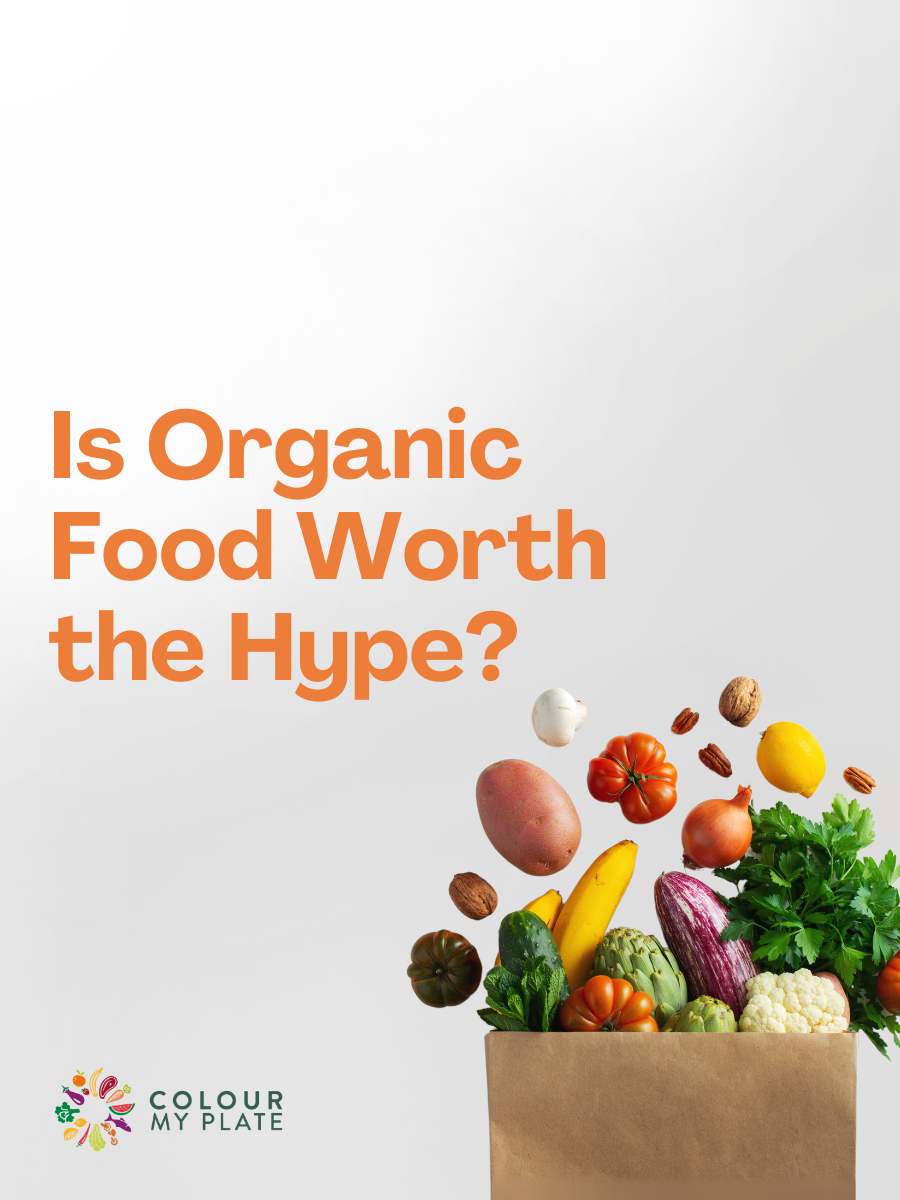Organic food has steadily gained popularity as people become more mindful of their health and the environment. However, the question of whether organic food is worth the investment remains a topic of debate. Let’s break down what organic food offers, from its production methods to its potential benefits, and how it compares to conventionally grown alternatives.
What is Organic Food Production?
Organic food is produced without synthetic pesticides, fertilizers, GMOs, antibiotics, or growth hormones. Instead, organic farming focuses on using natural substances and methods to promote ecological balance and conserve biodiversity. This results in a product that’s healthier for the environment and, in many cases, for you too.
Nutritional Benefits of Organic Food
- Reduced Pesticide Exposure: One of the main advantages of organic food is the reduction in pesticide exposure. Since organic foods are grown without synthetic pesticides or fertilizers, you’re consuming fewer chemicals—something that’s particularly important for fruits and vegetables with skins, such as cucumbers and strawberries.
- Higher Nutrient Content: Studies have shown that organic produce may contain higher levels of essential nutrients, like antioxidants, vitamins, and minerals. These nutrients play a key role in supporting good health and preventing chronic diseases.
- Better Taste and Quality: Many people claim that organic foods simply taste better. This could be due to the farming practices used, which focus on nurturing soil health and using sustainable methods. These practices can lead to produce that’s more flavorful and of higher quality.
The Environmental and Ethical Impact
- Sustainable Farming Practices: Organic farming is better for the environment. It promotes soil health, reduces pollution, and encourages biodiversity. By choosing organic, you’re supporting farming methods that are kinder to the planet.
- Animal Welfare: Organic livestock farming typically adheres to higher standards of animal welfare. Animals are raised in more humane conditions, with access to outdoor spaces and a diet free from antibiotics and growth hormones.
Cost and Accessibility of Organic Food
- Higher Price Tag: Organic food often costs more due to labor-intensive farming practices and lower yields. For some, this higher price can be a barrier, especially on a tight budget.
- Limited Availability: Depending on where you live, organic options may be harder to find or less accessible. This can make it difficult to consistently choose organic foods, especially for those living in areas without access to specialty grocery stores.
Is Going Organic Really Worth It?
While organic foods can reduce pesticide exposure and may offer higher levels of nutrients, the overall health benefits compared to conventionally grown foods are still under discussion. Ultimately, the decision of whether organic food is worth the investment boils down to personal priorities, health goals, and budget.
One thing is for certain, though: The most important factor in maintaining a healthy diet is ensuring a variety of fruits and vegetables are included—whether they’re organic or not

![]() 12 Mar 2025
12 Mar 2025

